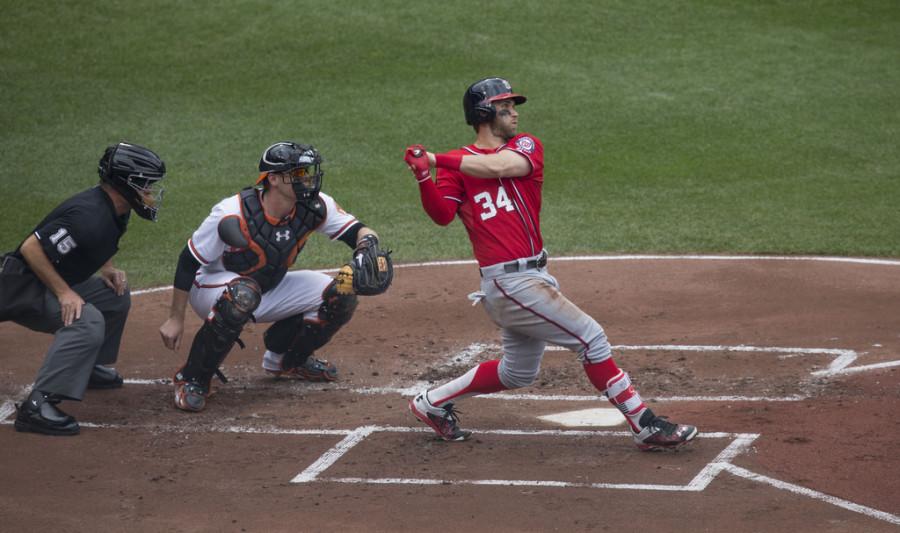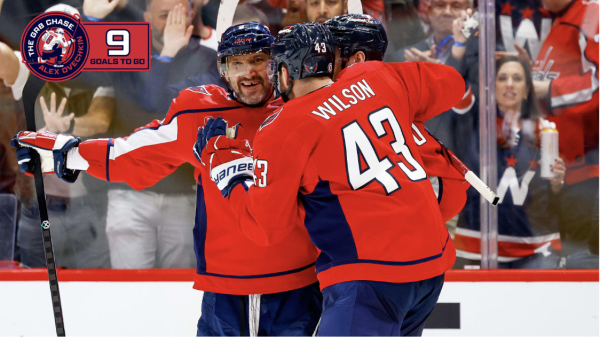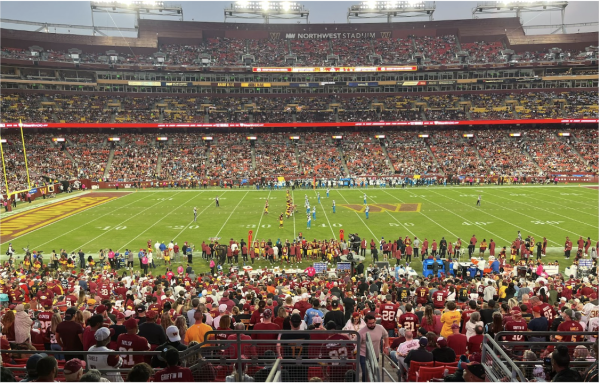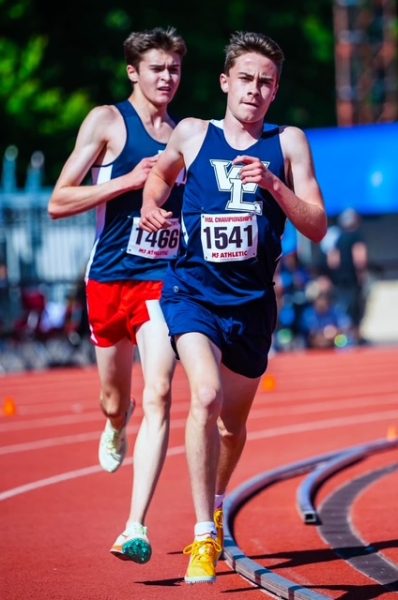Bryce Harper for MVP
Bryce Harper was stranded on second base after a hustle-double when the Washington Nationals’ season ended on October 3 with a 1-0 loss to the New York Mets. The hit was a good summary of his entire season, showing his hustle and ability to make something out of nothing.
After making his major league debut as a 19-year-old in 2012, baseball experts and analysts questioned if Harper would be able to live up to the superstar status he had been given. His first three seasons in Major League Baseball (MLB) were highlighted by injuries; he has not played more than 120 games in a season after his rookie year. Due to these setbacks, Harper had lost some of the hype he had received as a 19-year-old.
Through May 5, Harper was only batting .245 with five home runs and started off the month with only one hit in 17 at bats. On May 6, however, it all turned around. Over the next three games, Harper collected eight hits, six home runs and 12 runs batted in (RBI). Those games boosted his average to an even .300, and he did not stop there. In May, Harper owned a .360 batting average, belted 13 home runs and tallied 28 RBIs, earning Harper the National League (NL) Player of the Month Award. “The statistics speak for themselves,” senior Tyler Spicer said. “He probably had the best 26 consecutive games in MLB history.”
After May, Harper did not go another month with a batting average under .300. Before this season, Harper’s best batting average in a season was .274. Harper finished this year with a .330 batting average, second in the NL and third in the MLB, just short of the batting title.
Harper was on the top of the list in many other offensive categories. He ranked first in five different categories: base percentage (OBP), home runs, runs, slugging percentage (SLG) and on base plus slugging (OPS). His OBP was .460, which was supported by not only his high batting average, but also by the large amount of walks he drew; he got on base almost every other at bat. Harper set a Washington Nationals/Montreal Expos franchise record when he took ball four for the 124th time. “The number of walks is just as amazing as the number of hits and homeruns,” pre-calculus and geometry teacher Mr. William Drake said.
Harper drastically increased his home run production this season. Through Harper’s first 257 games, he only totalled 42 home runs; it took Harper 152 games to put up 42 home runs this season. When Harper hit his 40th home run on September 16 in a game against the Phillies, he became the first left-handed hitter age 22 or younger to hit 40 or more home runs in a season since 1954. “My favorite home run from Harper was on the Fourth of July because he had the stars and stripes bats and hit it off Madison Bumgarner, one of the best pitchers in the game,” Spicer said.
The main statistic that should stand out when the Baseball Writers’ Association of America determines the NL MVP should be the numbers Harper put up in September when the Nationals were fighting for a playoff spot. During that month, Harper batted .341 with 10 home runs and 19 RBIs, while tallying 26 walks.
Harper’s offensive numbers were above par throughout the season, but he also played Gold Glove quality defense in right field. Harper only committed seven errors in the outfield all season, while tallying nine outfield assists. One defensive play that stands out for Harper was on August 23 when he gunned out Milwaukee Brewers outfielder Ryan Braun trying to stretch a single into a double on a hit off the right field wall. “Harper’s arm is one of the best in the majors,” sophomore Jake Ruge said. “ Whenever you’re watching a Nationals game, you hope a ball is hit to him so you can see him show off his arm.”
Even though his team did not make the playoffs, Harper is still the favorite for MVP by many baseball analysts and writers. However, postseason contenders like Anthony Rizzo, Andrew McCutchen and Zack Greinke could give Harper a run for his money for the highest prestige title for any player. AP/IB Psychology teacher and varsity baseball coach Doug Grove said “When a guy hits .330, leads the league in homers and hits almost 100 RBIs, someone better have a darn impressive year to beat him out, and nobody did.”













